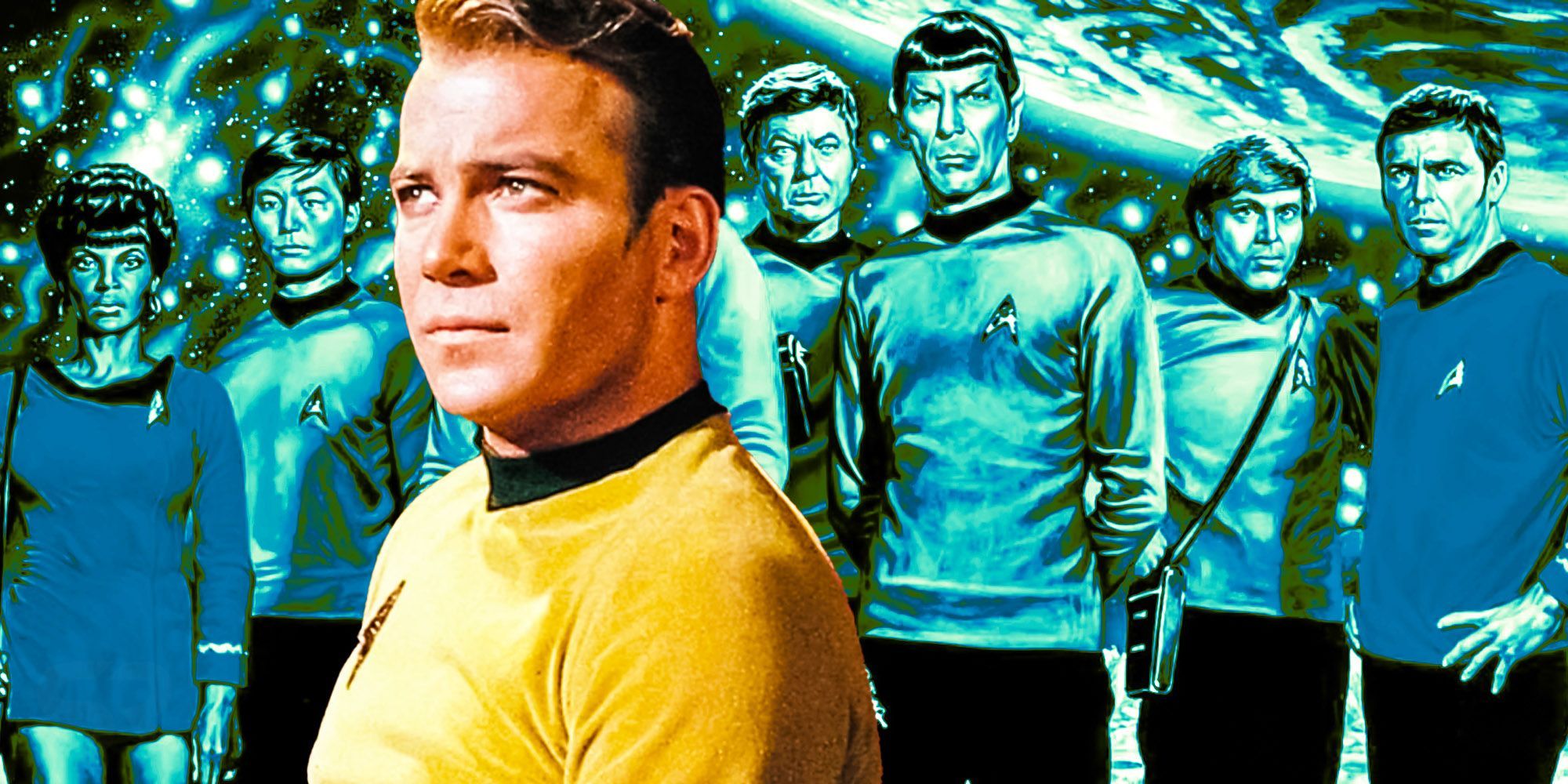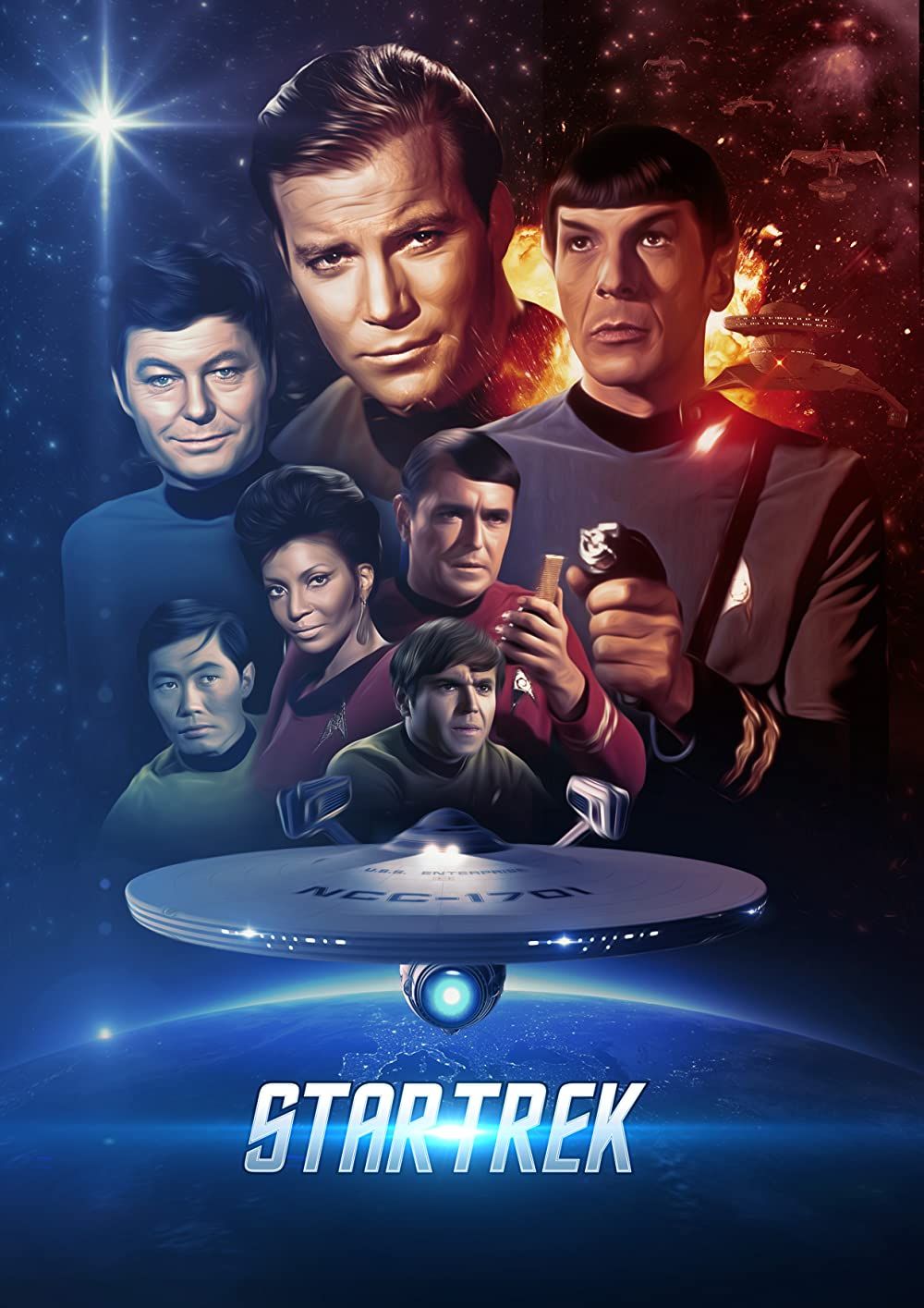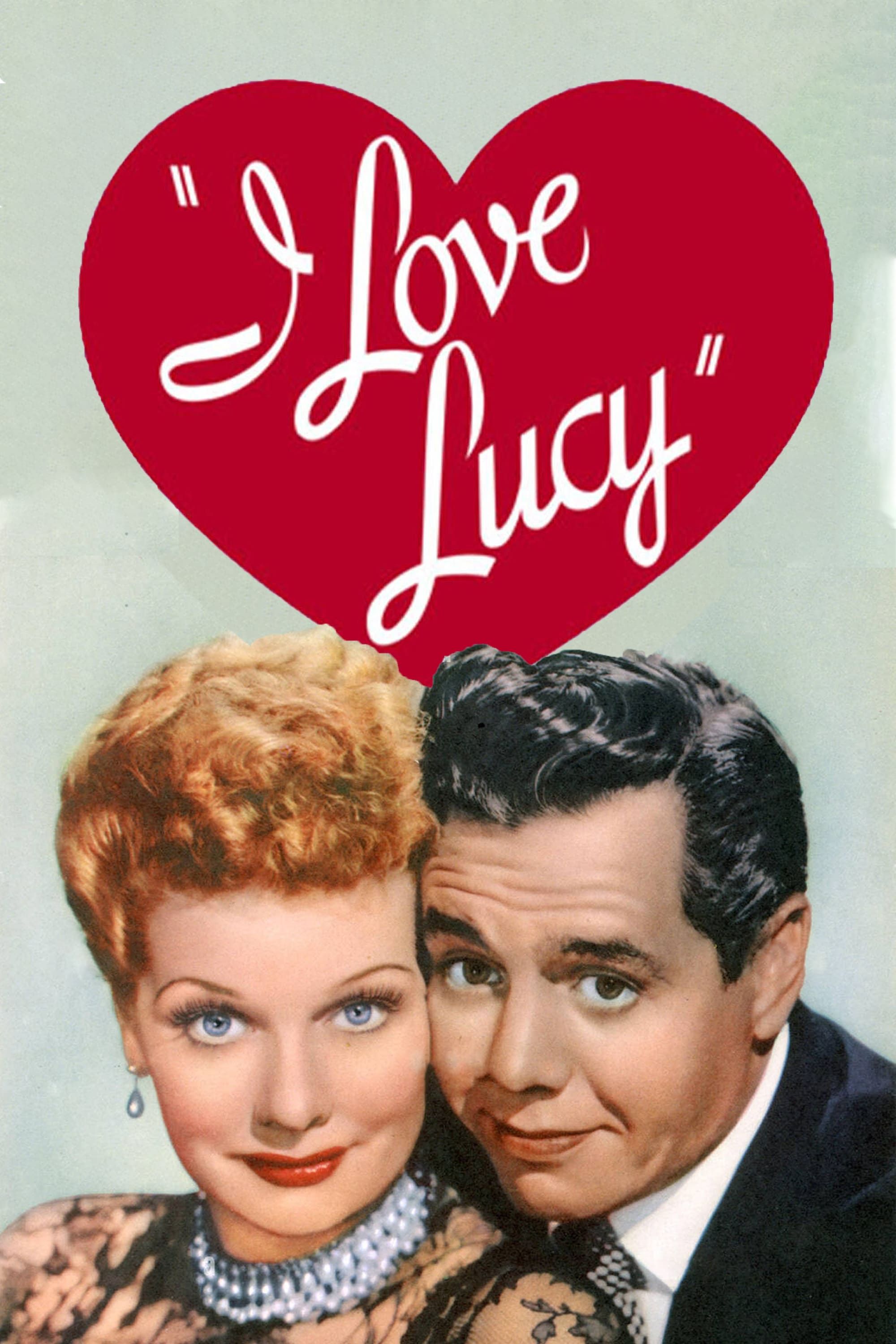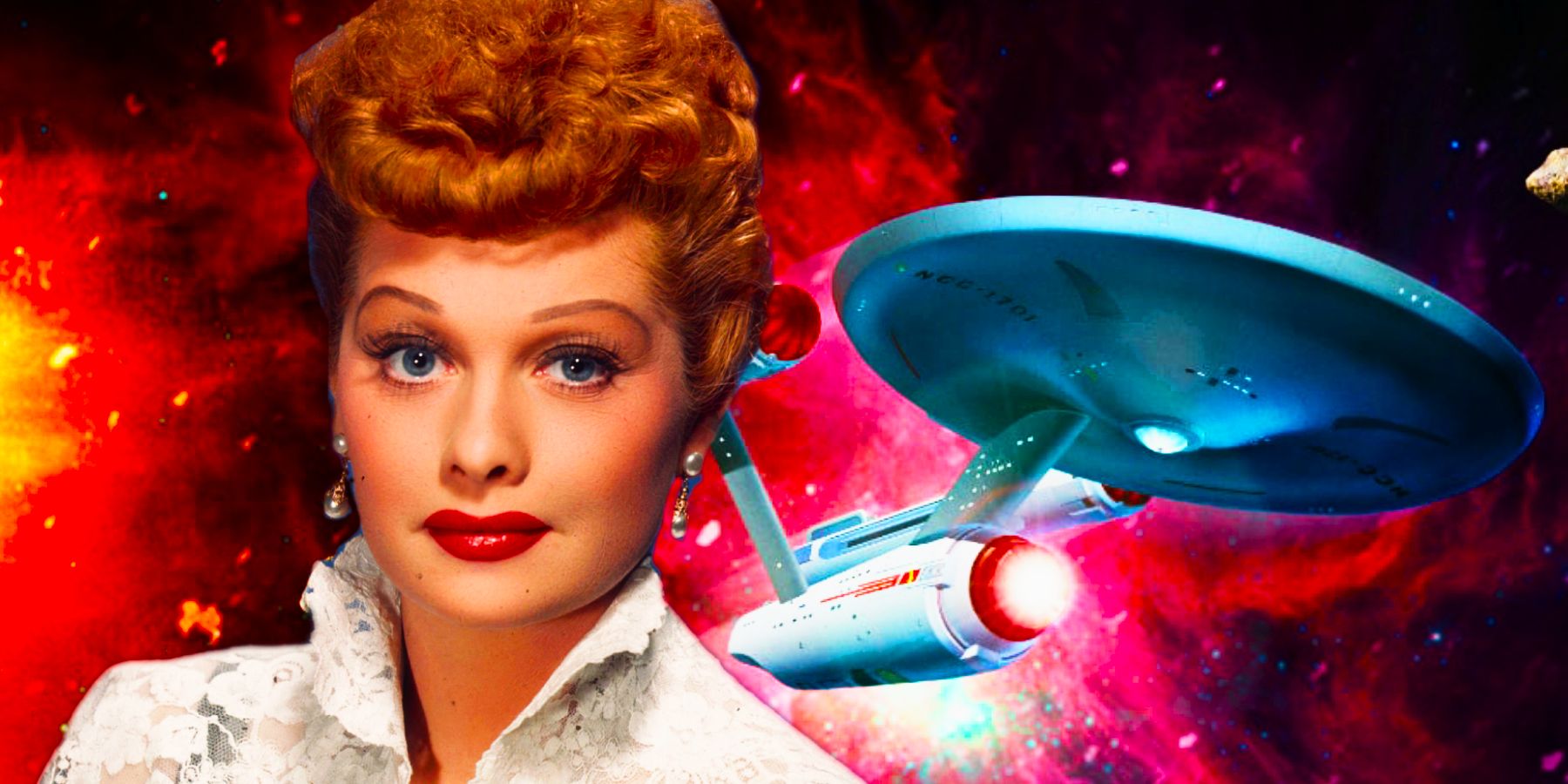Summary
- Lucille Ball played a crucial role in the creation of Star Trek, convincing NBC executives to fund the reshoot of the original pilot.
- Ball's personal involvement in Star Trek led to the series seeing the light of day despite the initial rejection of the pilot.
- Ball also saved Mission: Impossible from cancellation, showcasing her foresight in nurturing fledgling TV shows in the 1960s.
Star Trek: The Original Series has an unlikely connection to another beloved retro TV show: I Love Lucy. Although Star Trek first premiered in 1966, years after I Love Lucy had aired its finale episode, the two iconic TV shows share common origins. Lucille Ball's iconic sitcom I Love Lucy aired on CBS for 6 seasons in the mid 1950s. The series was produced by Desilu, the production company Ball started with her then-husband and frequent collaborator Desi Arnaz. Desilu continued to grow after I Love Lucy ended, and went on to produce numerous other TV programs.
Lucille Ball was no figurehead for Desilu — the actress took her role seriously, and under her guidance, her production company grew to be one of the largest in the industry. Even before she bought-out Arnaz's share, Ball was responsible for making creative decisions. While Desilu produced numerous financially and culturally significant TV programs, such as The Andy Griffith Show, and The Untouchables, Gene Roddenberry's Star Trek stands out as a series Ball deserves credit for; if not for Ball's insistence, Desilu wouldn't have produced the pilot and Roddenberry's series likely would never have seen the light of day.

Star Trek: The Original Series Cast & Character Guide
Star Trek: The Original Series features some of the most iconic characters in all of science fiction with the crew of the original USS Enterprise.Star Trek Wouldn't Exist Without Lucille Ball
Lucy believed in Gene Roddenberry's vision for Star Trek
The problem with Gene Roddenberry's proposed Star Trek series was the high cost of producing a pilot. Desilu's board of directors was not keen on the prospect. Thankfully, Lucille Ball insisted the project go ahead — despite not understanding what the show was about (according to Business Insider, Ball thought it had something to do with traveling USO performers). Star Trek: The Original Series' original pilot, entitled "The Cage," infamously failed and was rejected by NBC, reportedly because it was "too cerebral." Thankfully, NBC executives ordered a second Star Trek pilot which replaced Pike with Kirk, and Ball agreed to fund the reshoot.
Lucille Ball's late 60s sitcom Here's Lucy featured several links to Star Trek: The Original Series, including a Mugato costume which was repurposed to represent the half-gorilla, half-baboon creature, the garboona, in the episode "Lucy's Safari".
Ball did more for Star Trek than just fund the pilots, however. The legends around Star Trek's early production history have long suggested that the series would not exist if not for Ball's personal involvement: As the story goes, Ball believed in Roddenberry's vision and personally convinced the NBC executives to consider that second pilot. While Ball may not have shaped the series in any way, she did believe in Star Trek — and that belief led to the creation of one of TV's most enduring science fiction series.
Lucille Ball Also Made Mission: Impossible Happen
Star Trek's Leonard Nimoy also starred In Mission: Impossible
Star Trek: The Original Series wasn't the only TV show that Lucille Ball had to save in 1966. Another Desilu production, Mission: Impossible, was also at risk of cancelation at an early point in its life due to the board's concerns that the studio was stretching itself too thin. Like Star Trek, Mission: Impossible would become a cult hit, thanks to Lucille Ball's insistence that the studio persevered with the show. When Star Trek was canceled in 1969, Leonard Nimoy switched over to Mission: Impossible, joining the cast as The Great Paris, a master of disguise.
J.J. Abrams directed two Star Trek movies and Mission: Impossible III, further strengthening the links between both franchises.
In a strange twist of fate, the success of Star Trek: The Next Generation in 1987 triggered interest from Paramount in rebooting Mission: Impossible to cash in on an apparent Desilu renaissance. The 1988 reboot of Mission: Impossible failed to replicate the success of TNG, but that wasn't the end of the story. Under the stewardship of executive producer and star Tom Cruise, Mission: Impossible is now one of the biggest movie franchises in the world. The continuing success of Mission: Impossible and the legacy of Star Trek: The Original Series in the 2020s prove the incredible foresight of Lucille Ball's vision for both fledgling TV shows in 1966.
-

Star Trek: The Original Series
Star Trek: The Original Series follows the exploits of the crew of the USS Enterprise. On a five-year mission to explore uncharted space, Captain James T. Kirk (William Shatner) must trust his crew - Spock (Leonard Nimoy), Dr. Leonard "Bones" McCoy (Forest DeKelley), Montgomery "Scotty" Scott (James Doohan), Uhura (Nichelle Nichols), Chekov (Walter Koenig) and Sulu (George Takei) - with his life. Facing previously undiscovered life forms and civilizations and representing humanity among the stars on behalf of Starfleet and the United Federation of Planets, the Enterprise regularly comes up against impossible odds and diplomatic dilemmas.
-

I Love Lucy
Lucille Ball's iconic sitcom follows a young wife, Lucy Ricardo, and the plans she cooks up with her friends to appear alongside her husband Ricky in his nightclub, and break into show business.

